In 2021, I sat across from Kofi in a noisy café in Yaba, Lagos. He was pitching me his fourth business idea in three years, a mobile tailoring service. The model was clever. The pitch? Passionate. The problem? He had no capital, no traction, and no shot with investors.
Like so many African founders, Kofi had a hustle, not a business. And therein lies our paradox.
Africa doesn’t lack entrepreneurship. In fact, it has too much. According to the World Bank, Sub-Saharan Africa has the highest rate of early-stage entrepreneurial activity globally — over 17.5% of adults are engaged in starting a business. But most of these ventures are micro, informal, and undercapitalized. They're built for survival, not scale.
What Africa lacks is investable business , companies with the structure, story, and systems that attract capital and create real economic momentum.
In 2024, African startups raised $2.2 billion. impressive, but still less than what Latin America attracted in just one quarter. And of that, over 84% went to just four countries: Nigeria, Kenya, South Africa, and Egypt. Within those hotspots, most of the funding was swallowed by fintech, while agriculture, health, education, and logistics. Arguably more transformative sectors, remained dry.
So why is capital not coming?
Because most startups aren’t ready for it. Investors aren’t just looking for an idea they’re looking for structure. A credible team. A product with traction. Clear unit economics. But many African startups are still in the informal hustle zone. One person armies operating in fragmented markets, without governance, books, or scale plans.
The other issue? Narrative. Too many founders are pitching their pain, not their potential. Fundraising is not charity, it’s a bet on future returns. Investors want to hear how $1 today becomes $10 tomorrow, not how the founder needs to escape poverty.
But there’s hope.
Accelerators like Y Combinator, Flat6Labs, and local champions like CcHub, MEST, and iHub are changing the game. Also ealry stage VC funds like Future Africa, Launch Africa, and Norrsken22 are building bridges for African founders — not just handing out checks, but coaching them to be investor-ready.
Governments are waking up too, streamlining registration processes and introducing startup acts to create clearer legal frameworks. That’s the ecosystem shift we need.
We need fewer hustles and more companies. We need founders who build with scale in mind. Those who understand that fundraising is not about solving personal struggle, but proving business value.
Kofi learned that. He joined an accelerator, built a proper team, cleaned up his financials, and refined his pitch. Last year, he raised $100,000 for a On-Demand Apparel platform now serving three cities.
Capital didn’t come because he asked. It came because he built something fundable. if you have a scalable business, Pitchwise can help you refine your pitch and close faster. Sign up here.










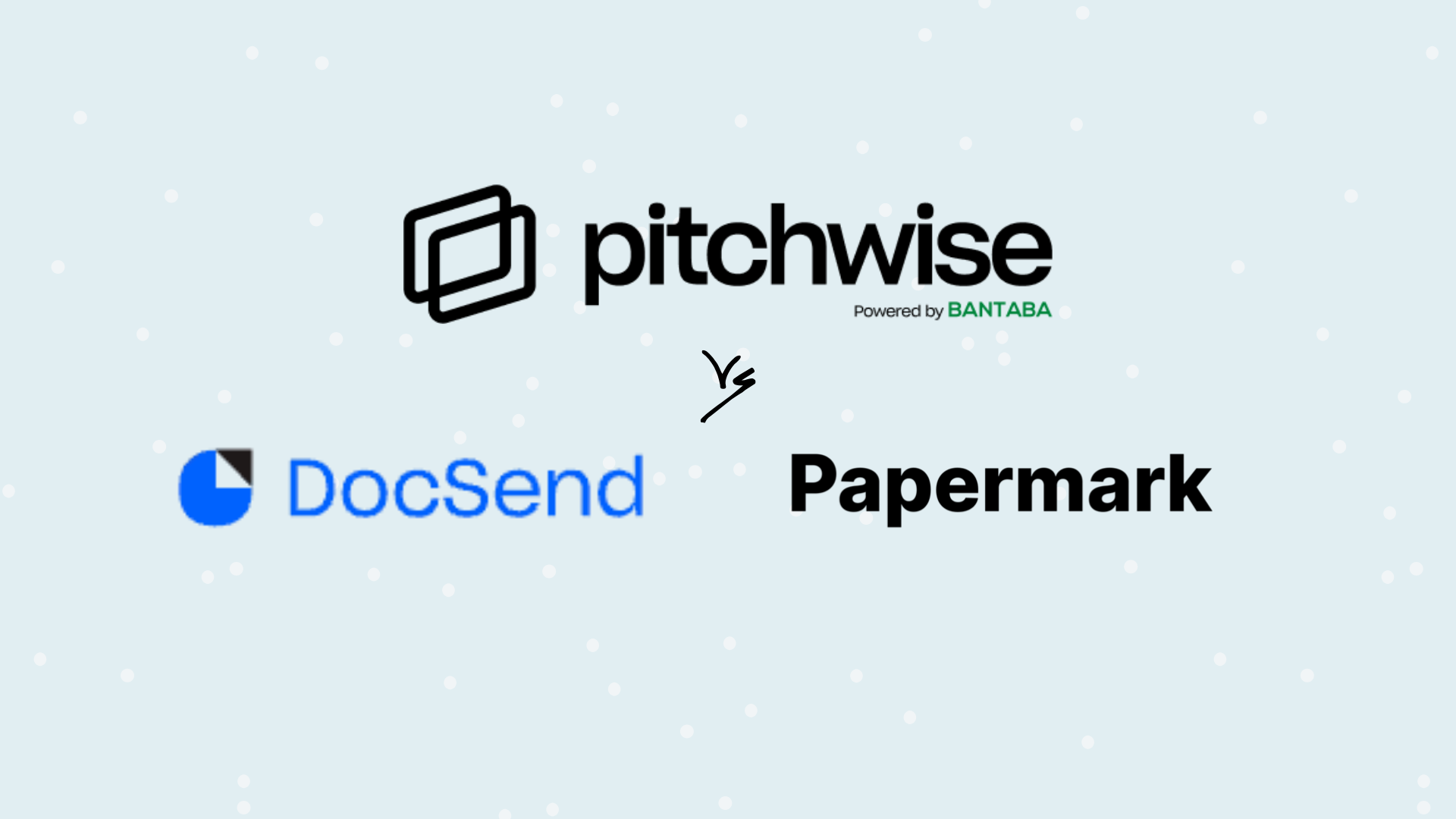
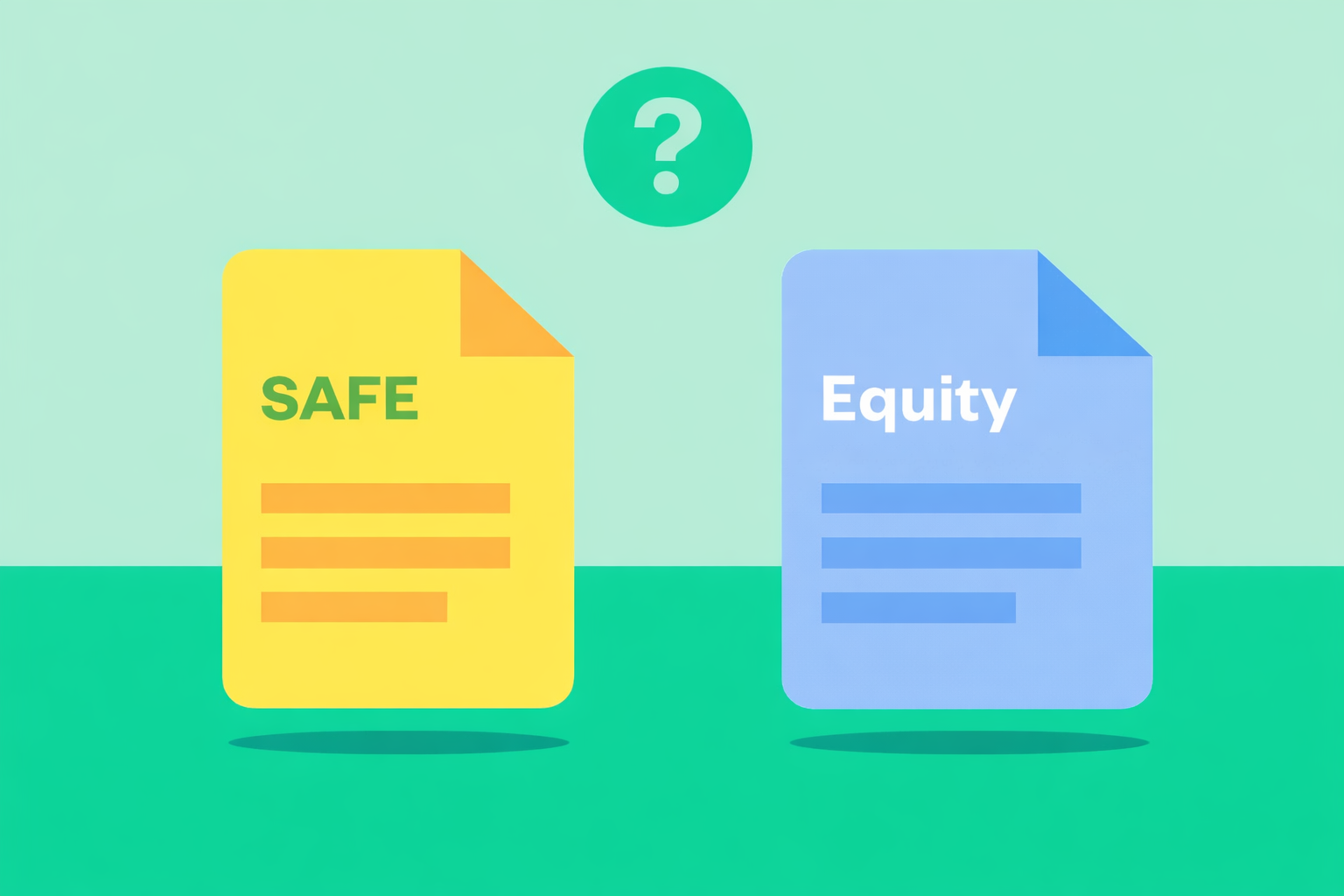







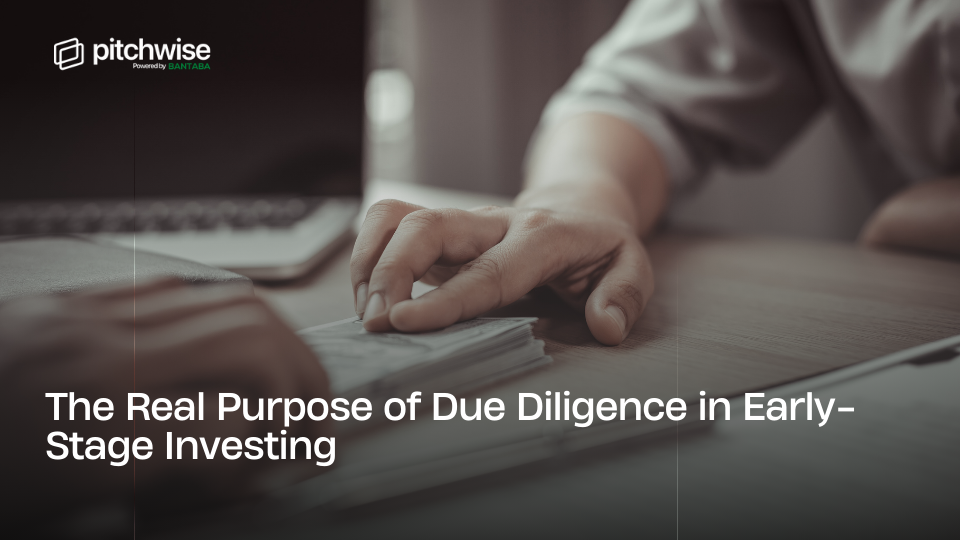
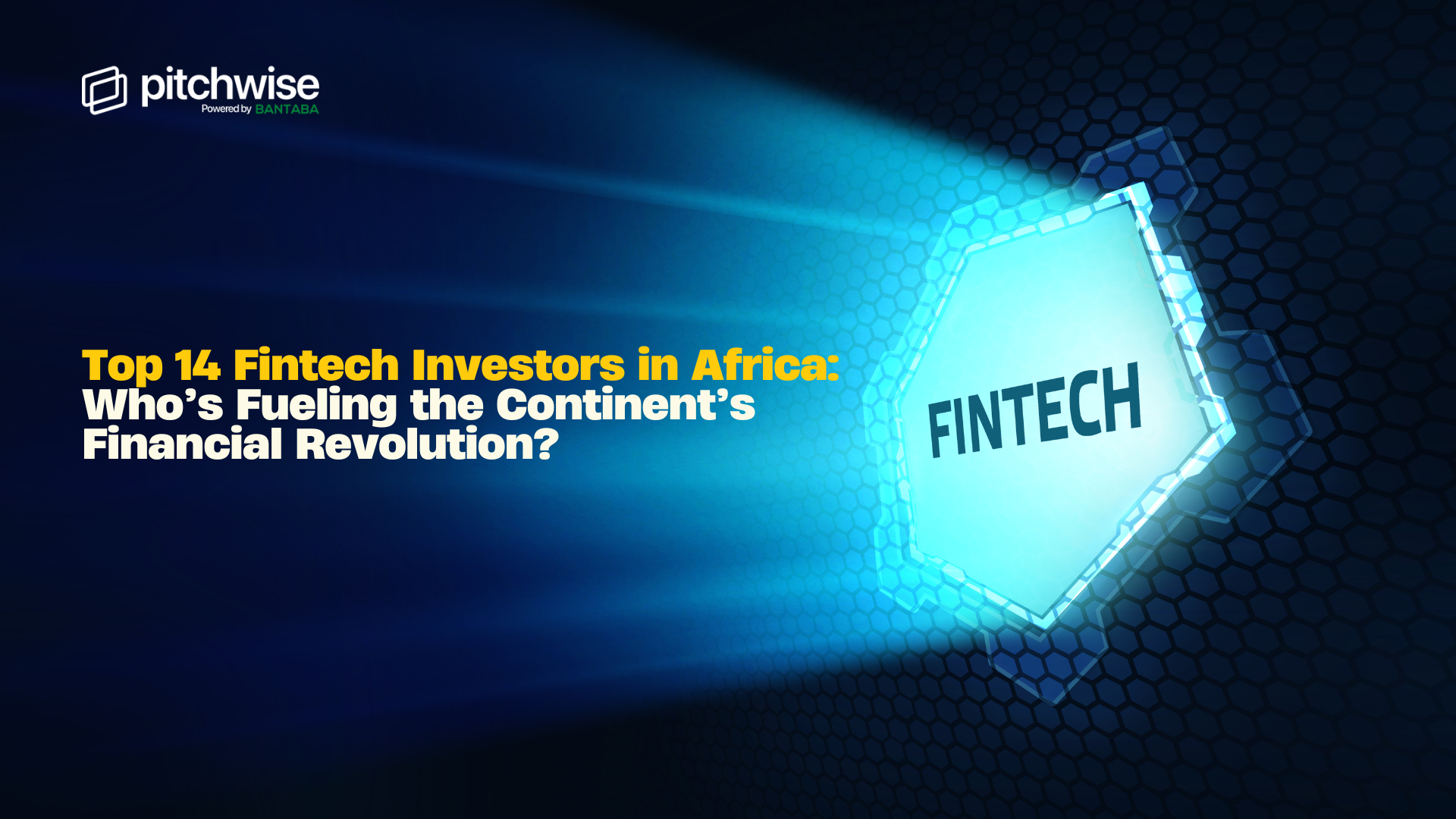
.png)


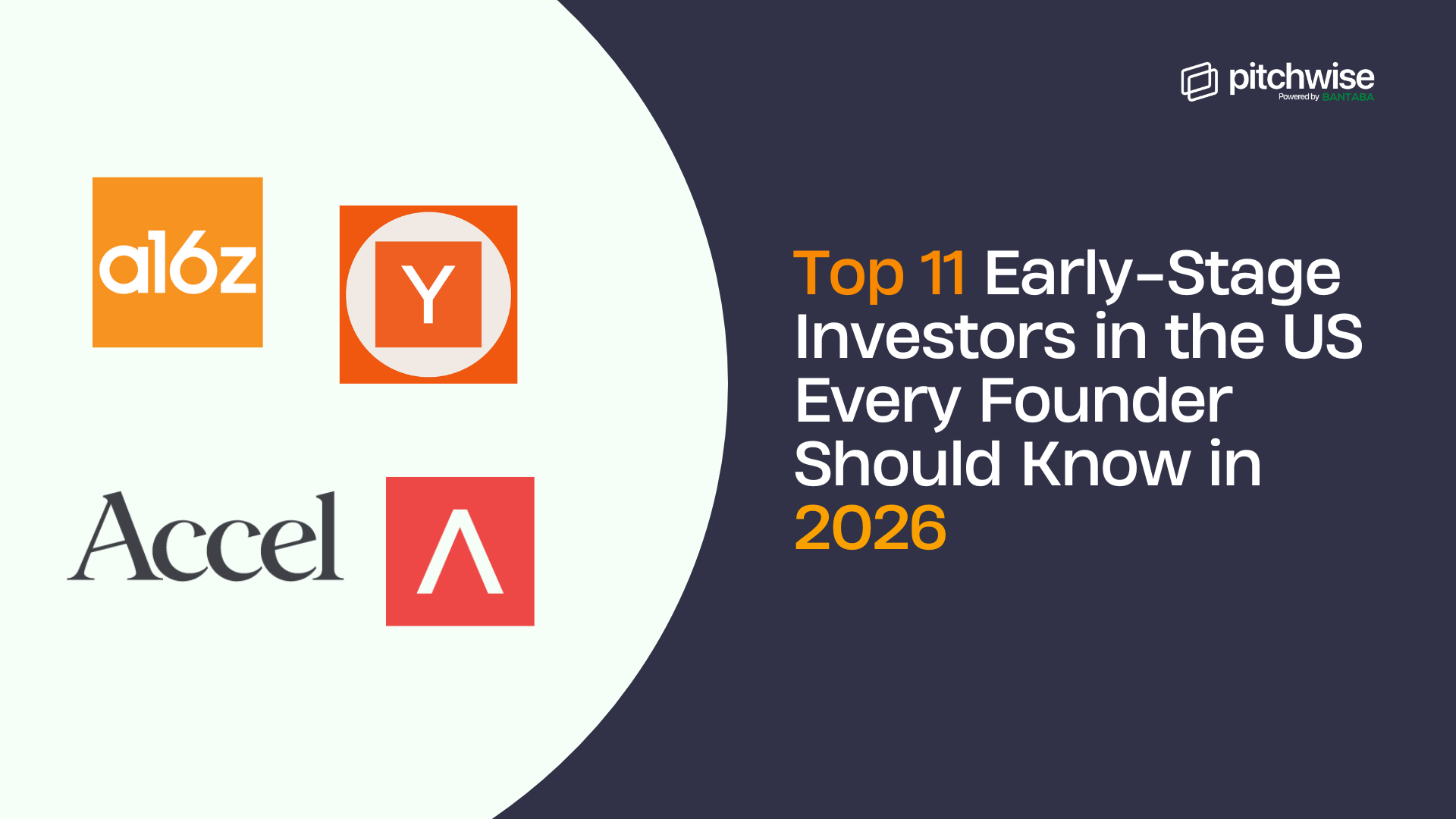
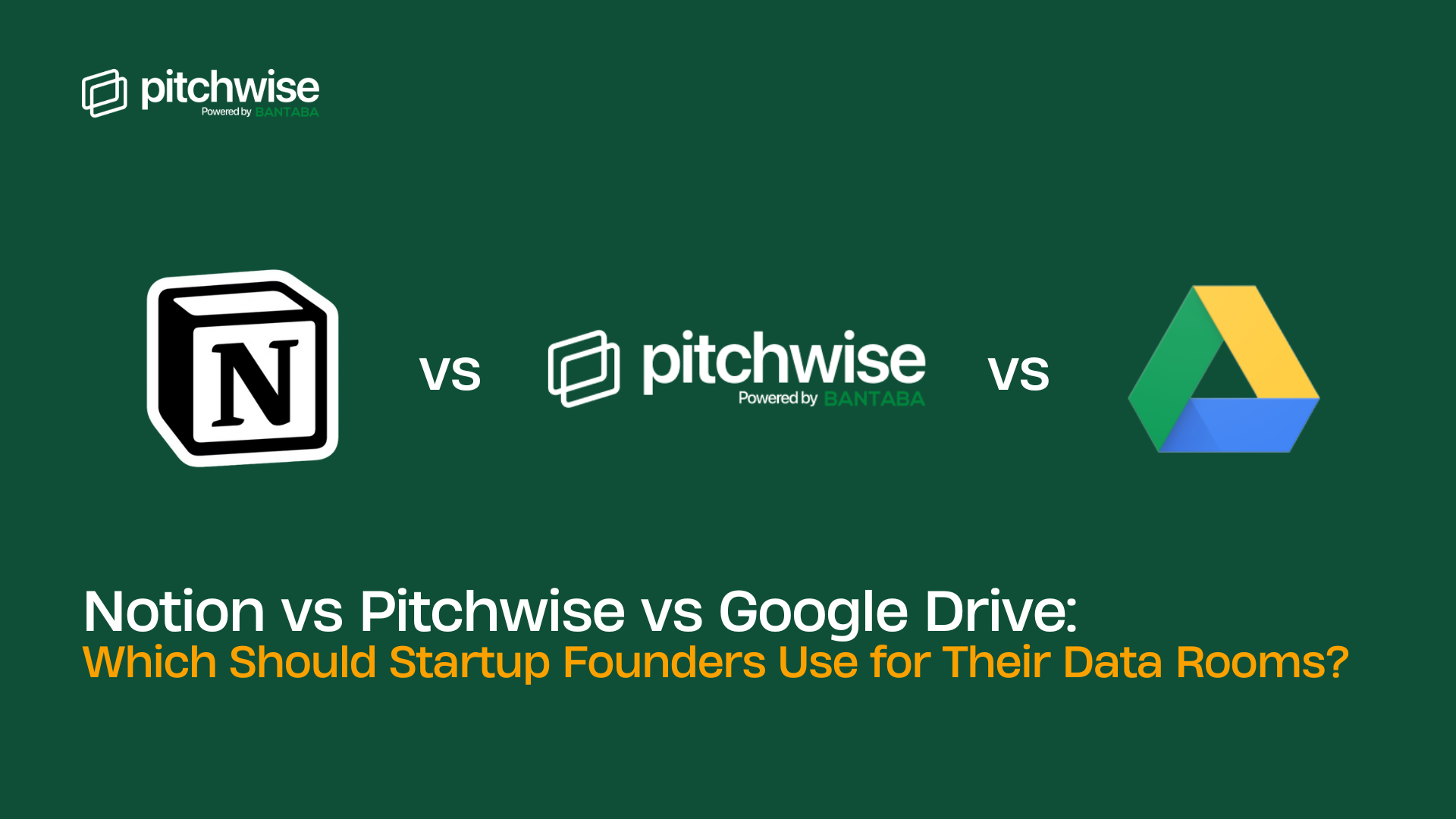
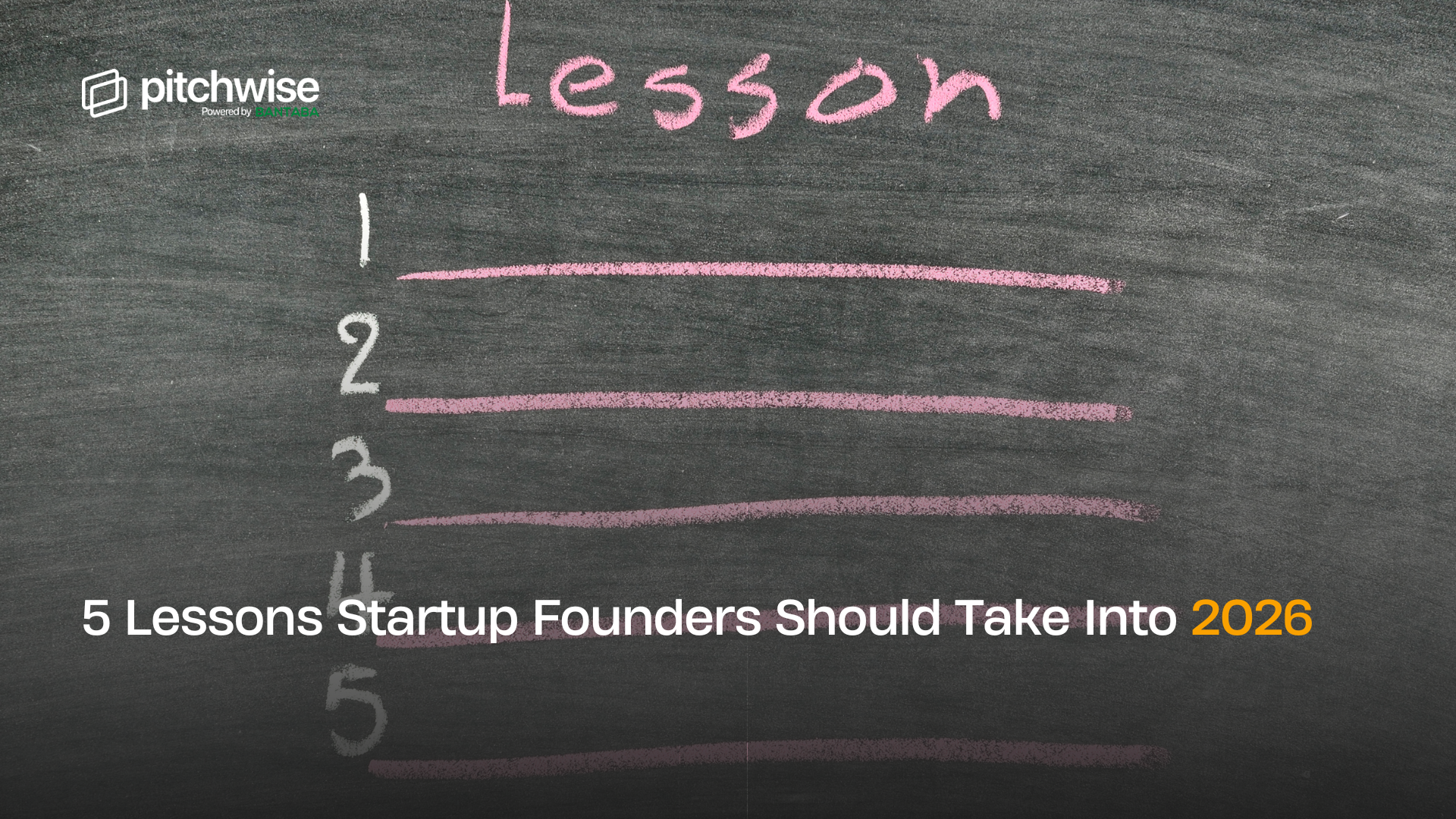
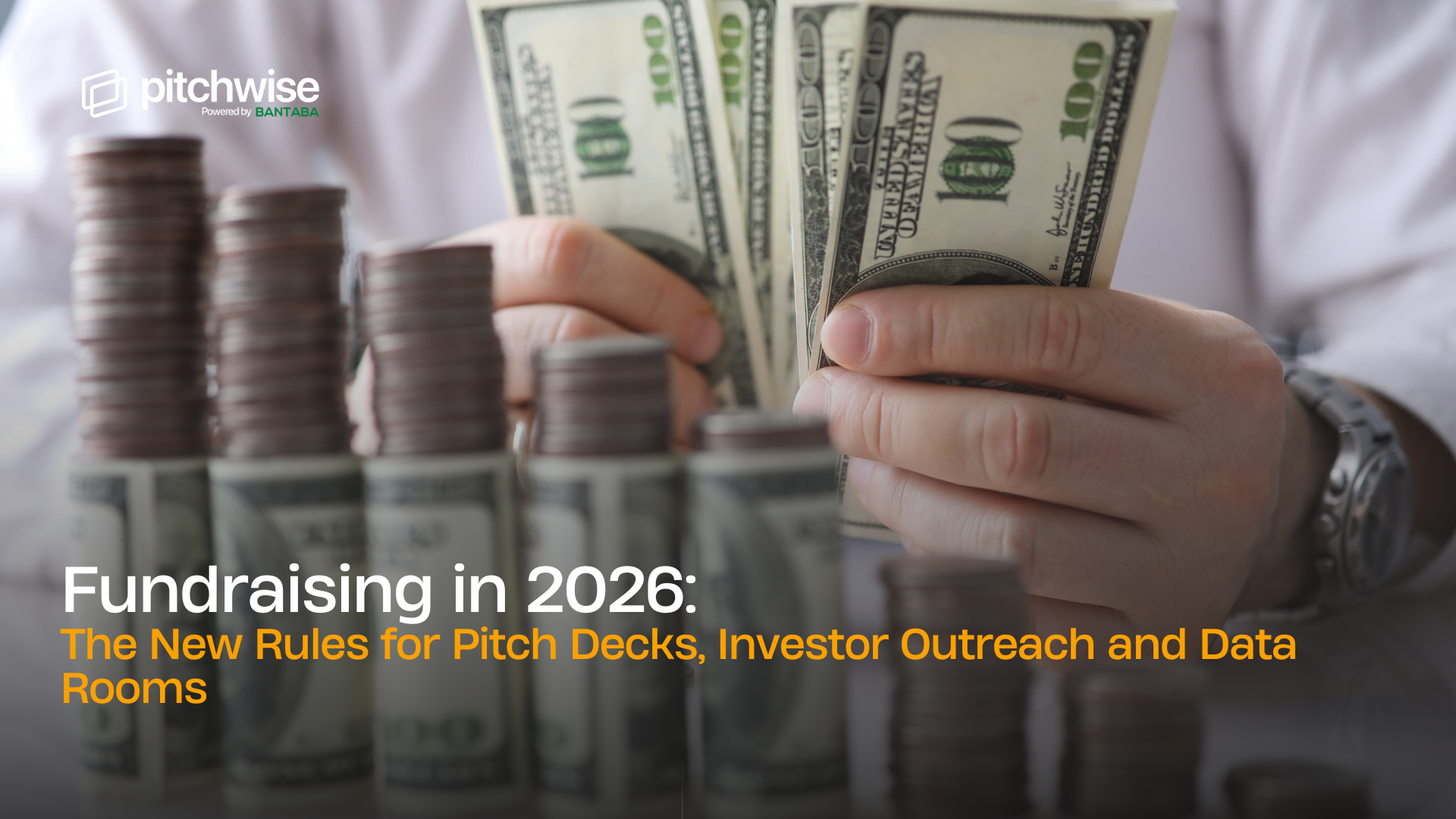



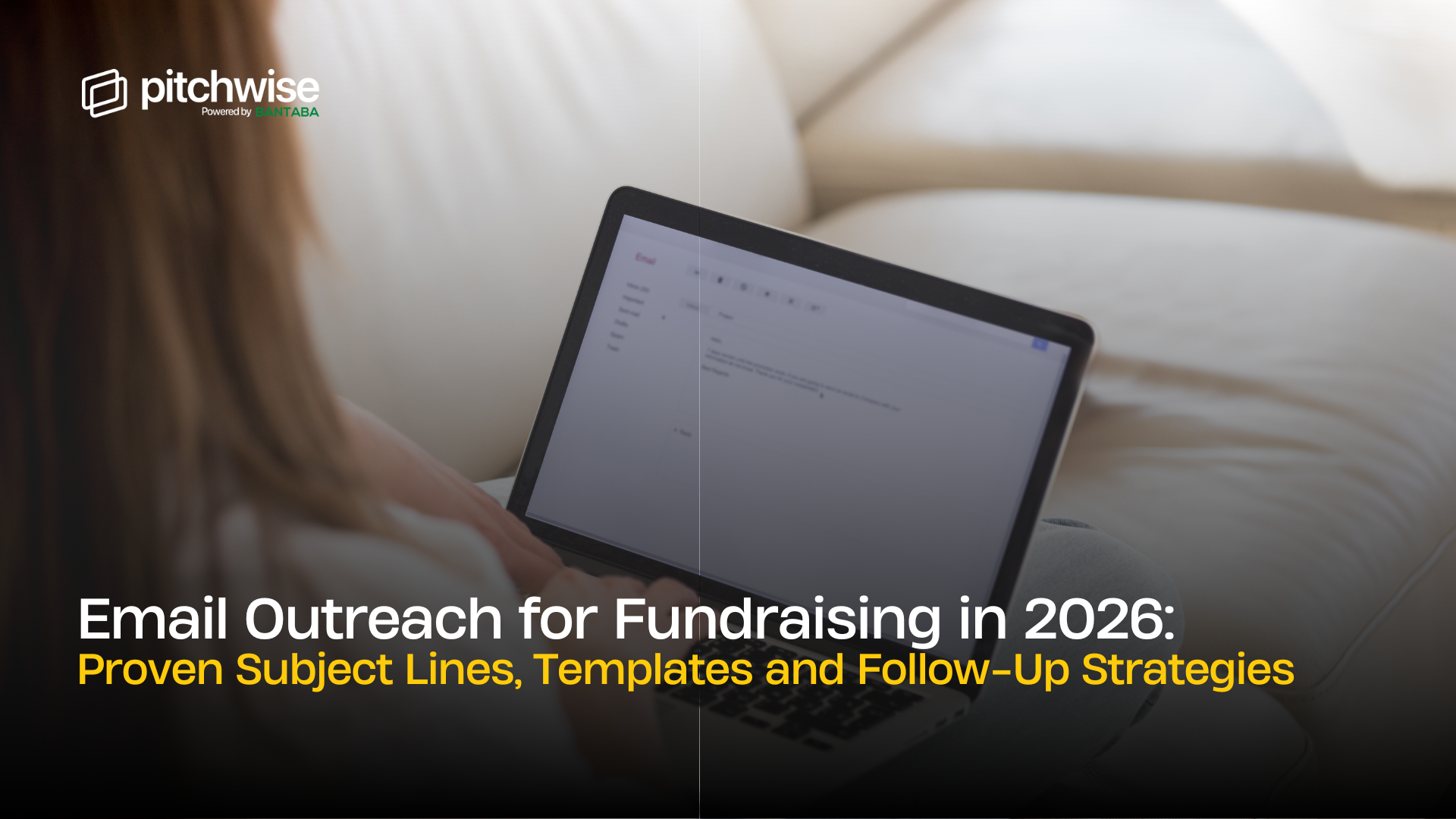
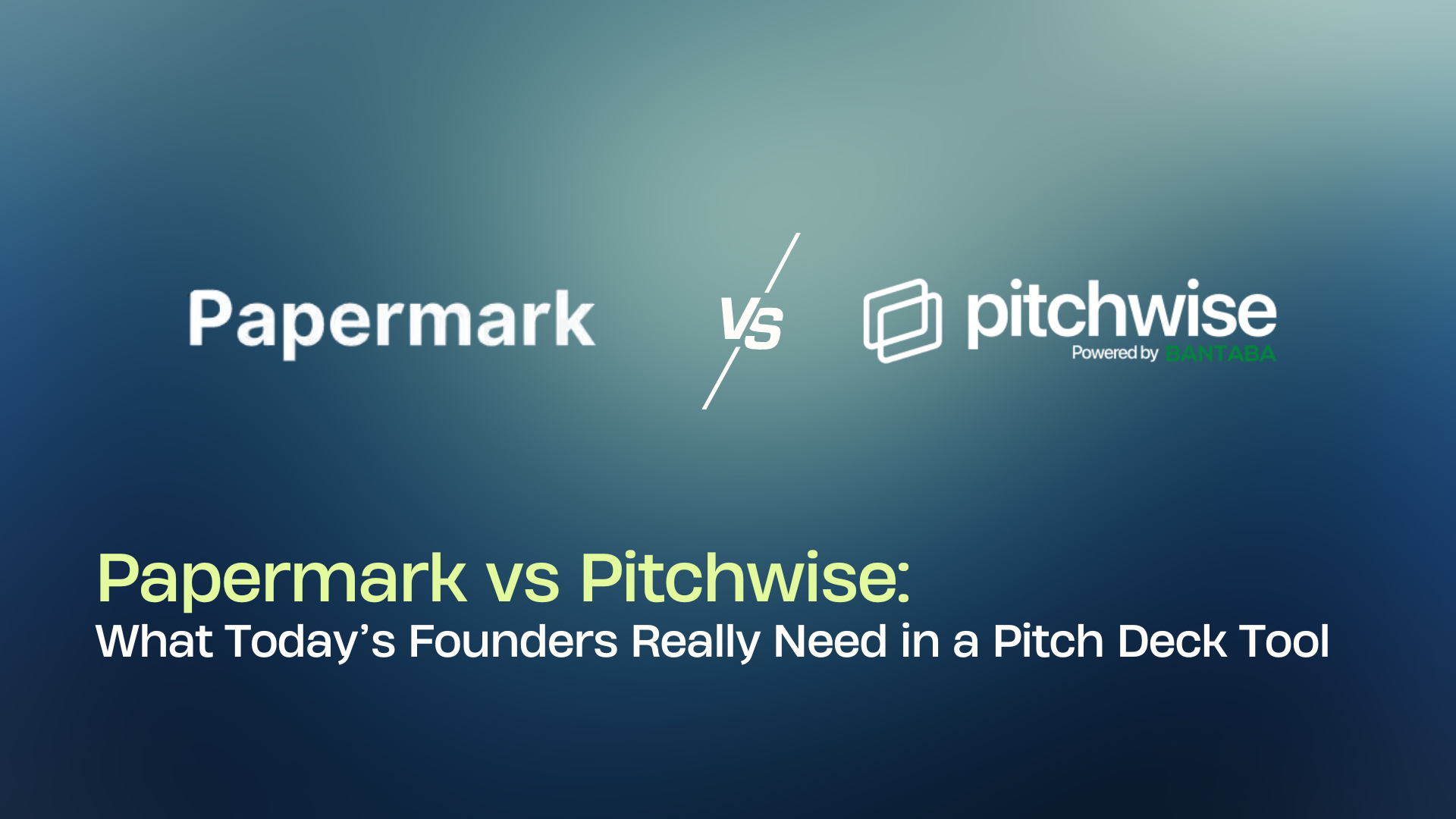

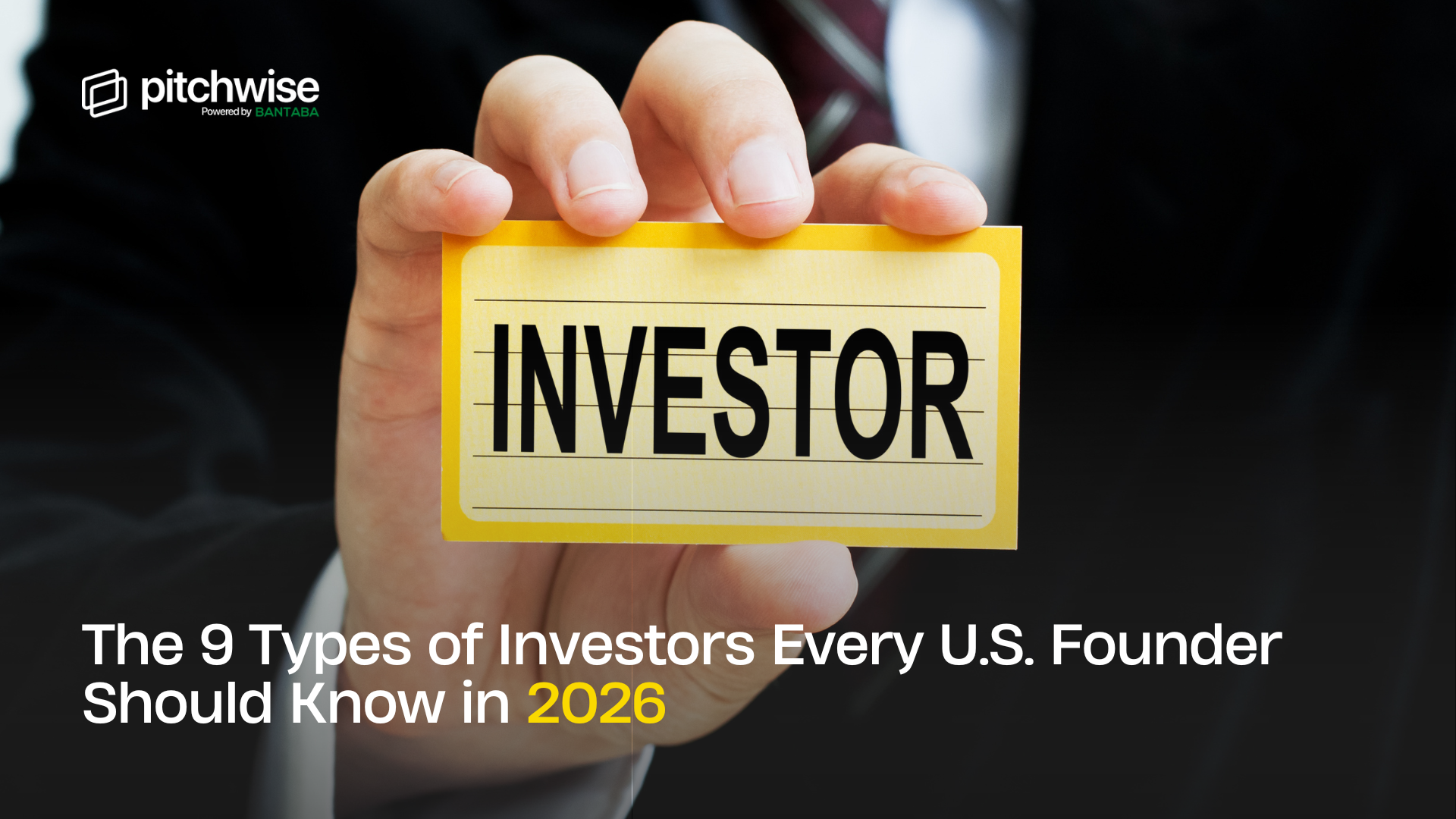
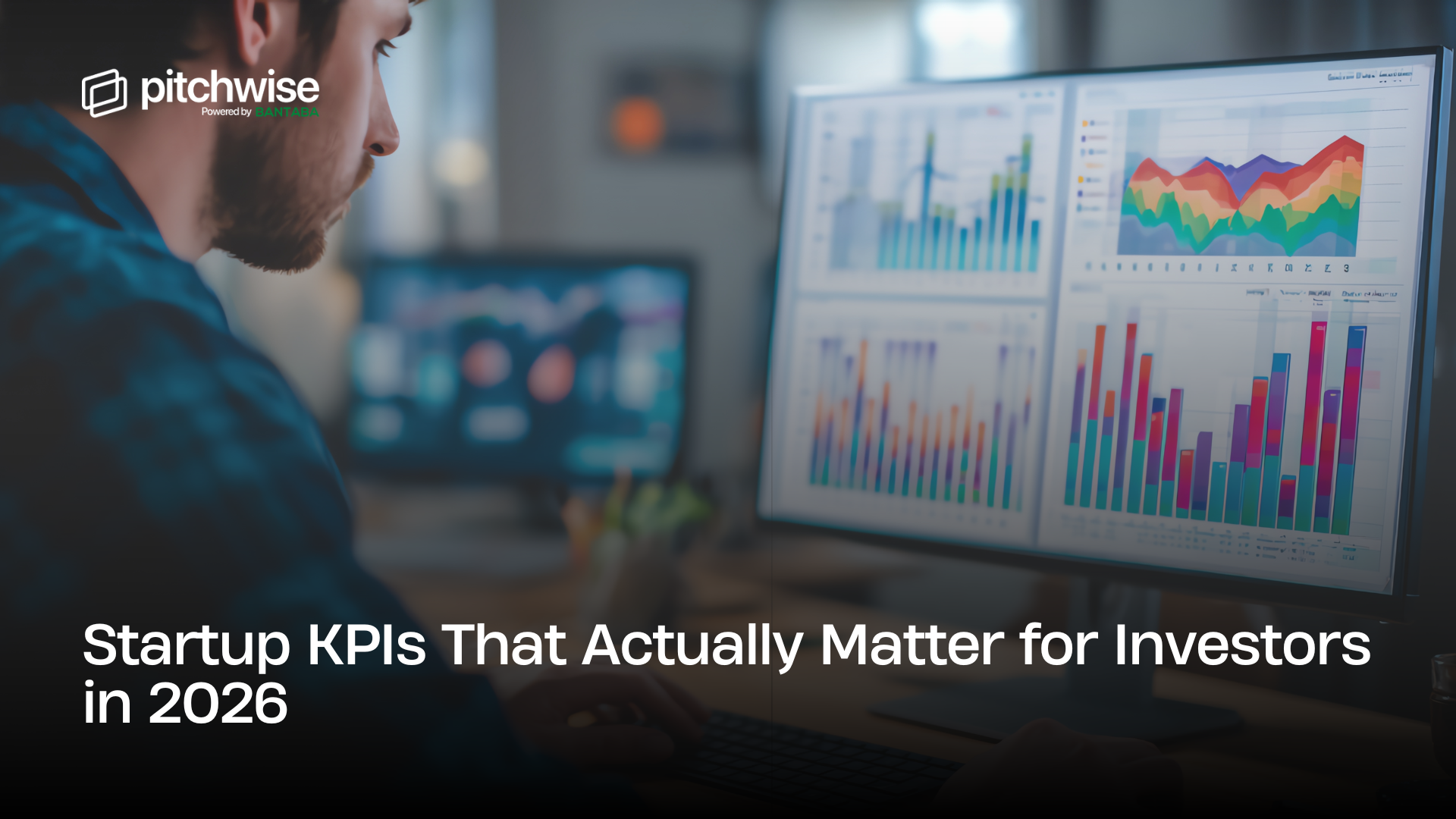

.png)


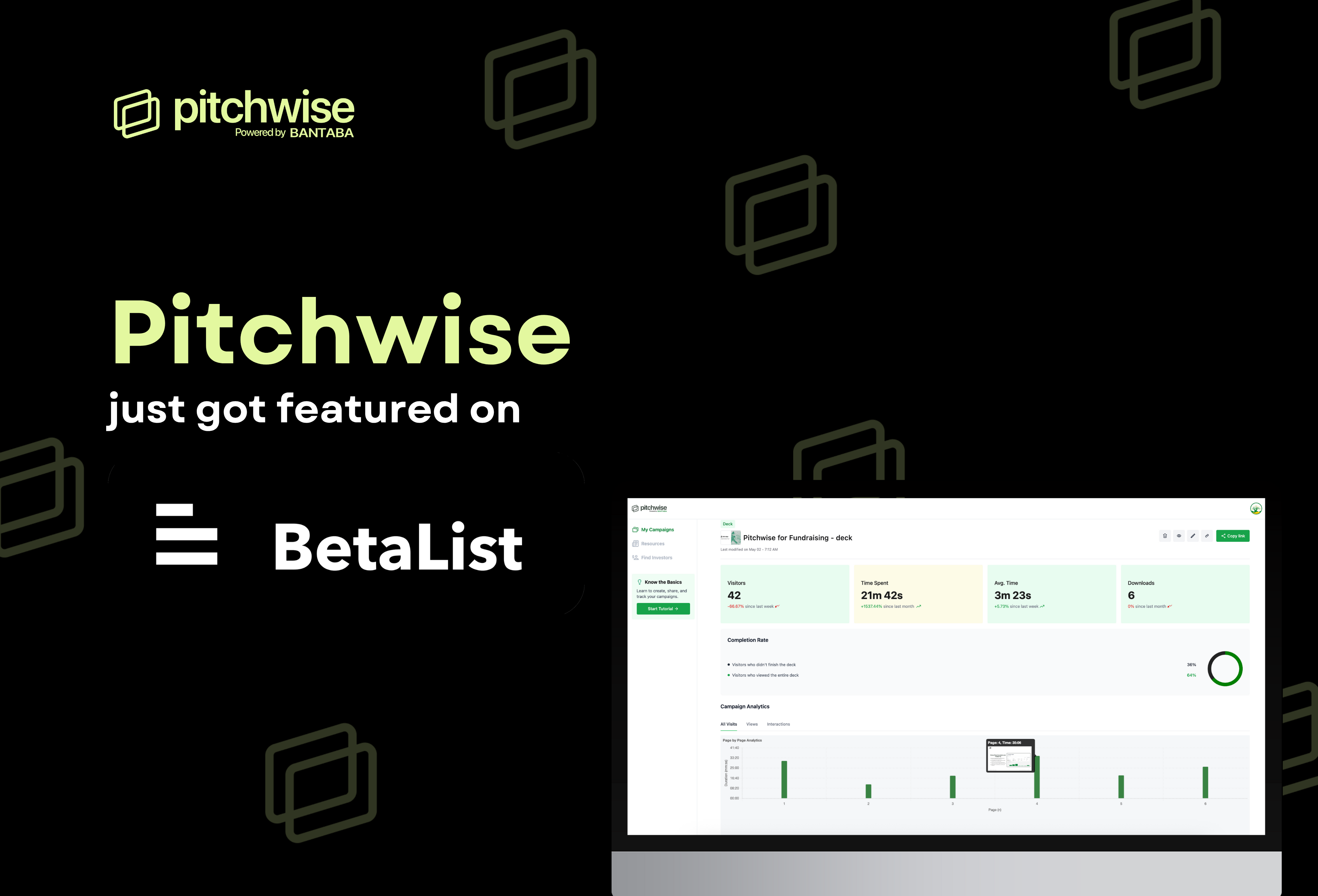




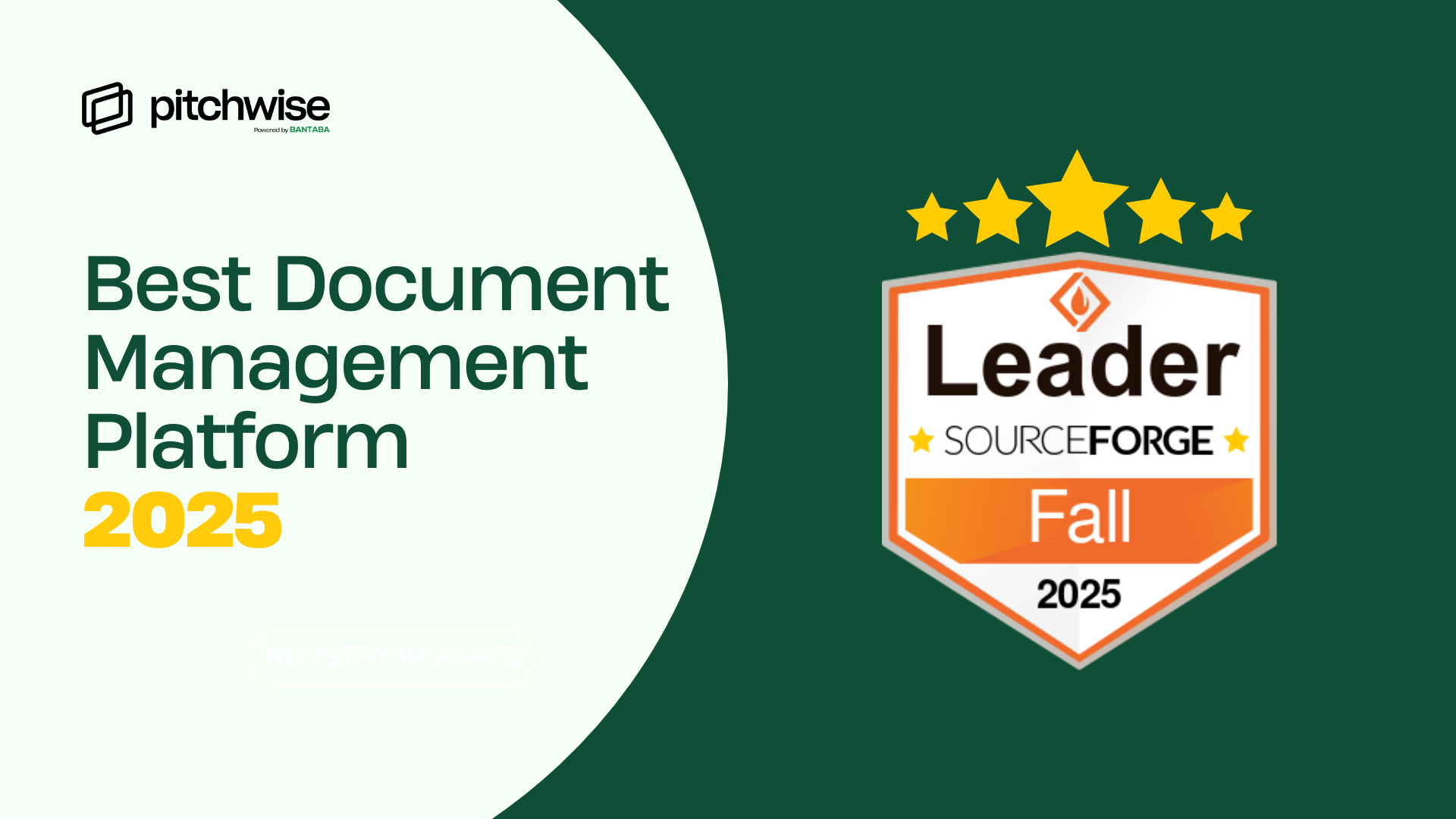
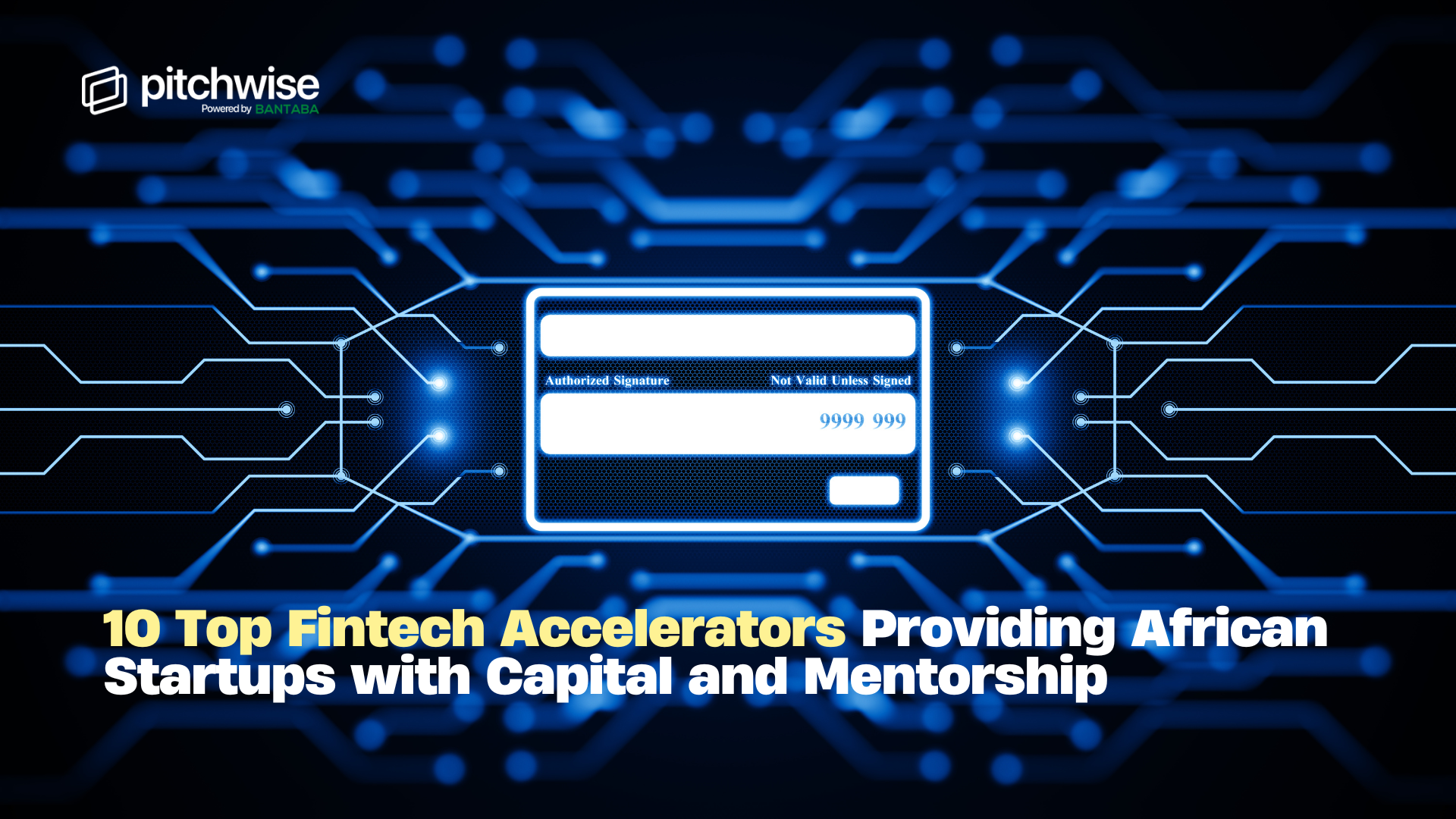
.png)


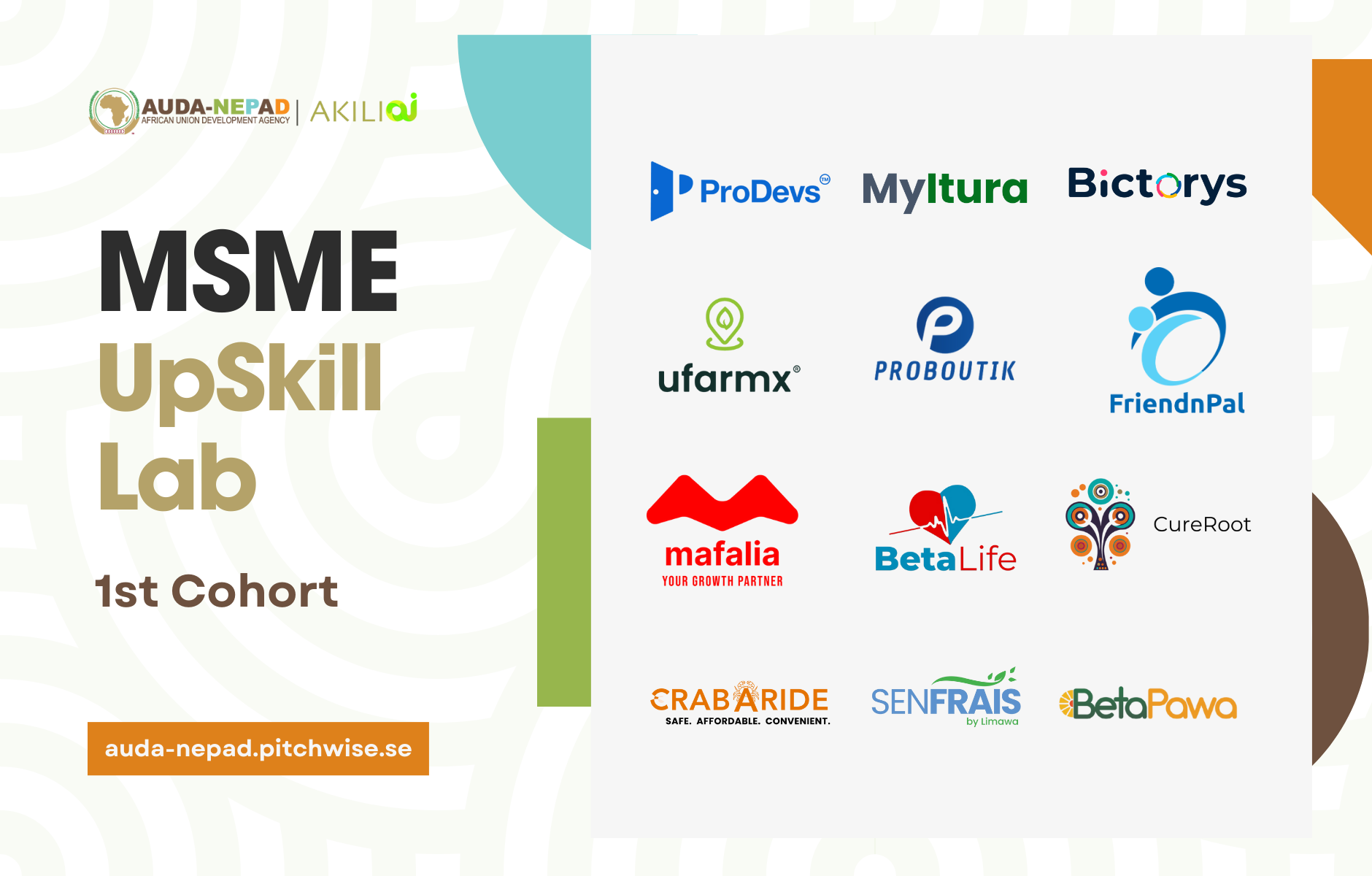
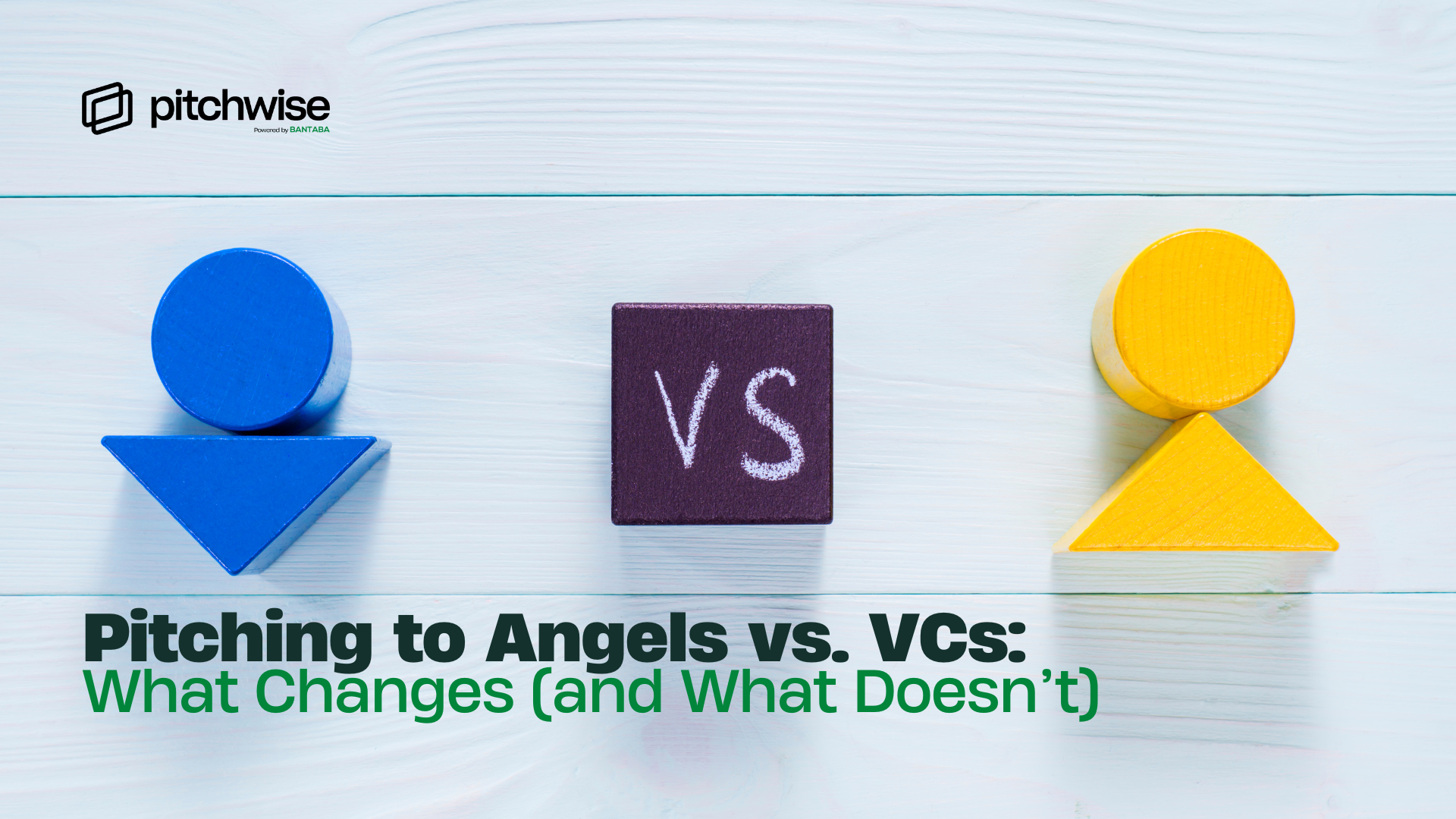




.png)

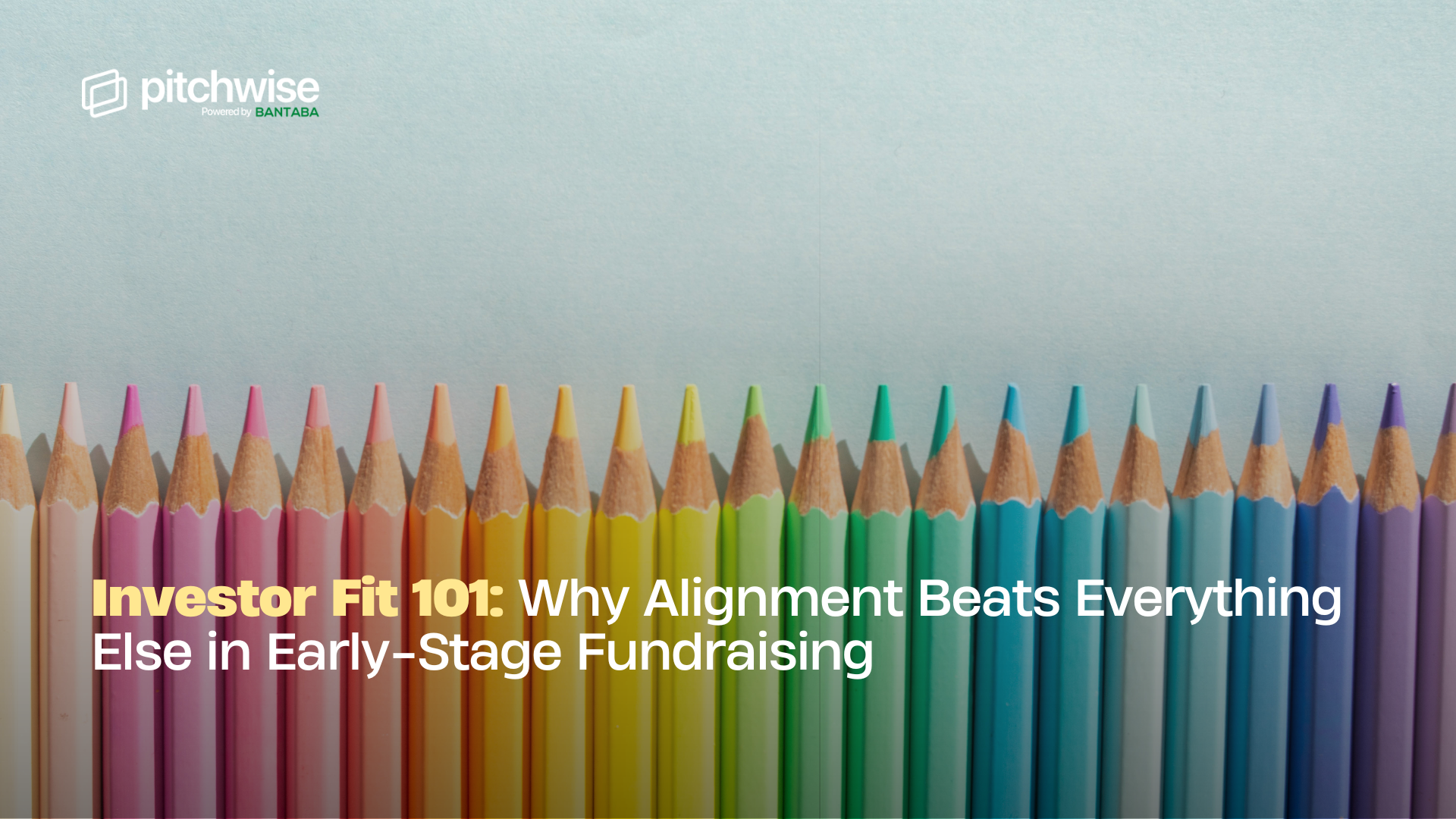
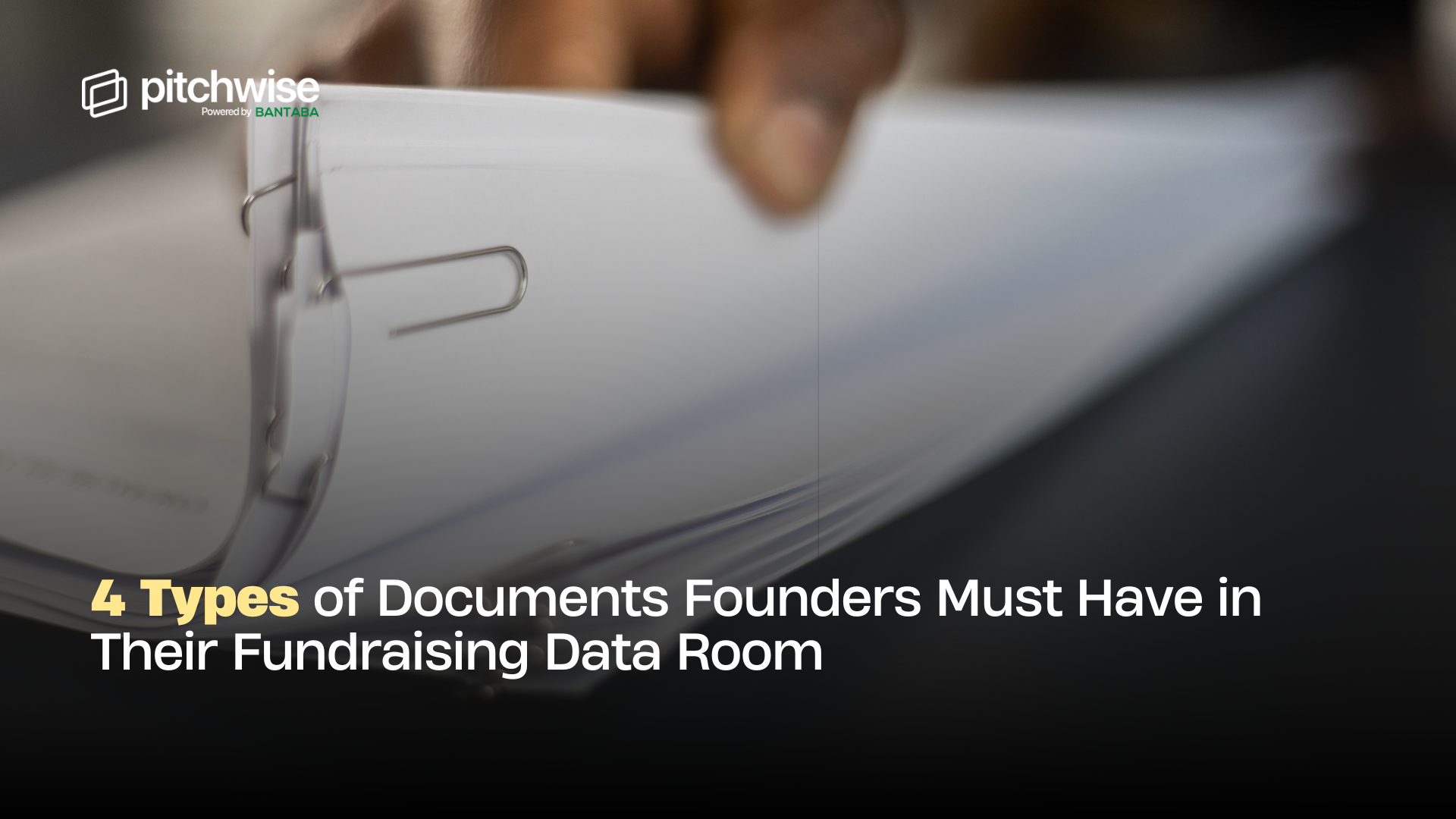
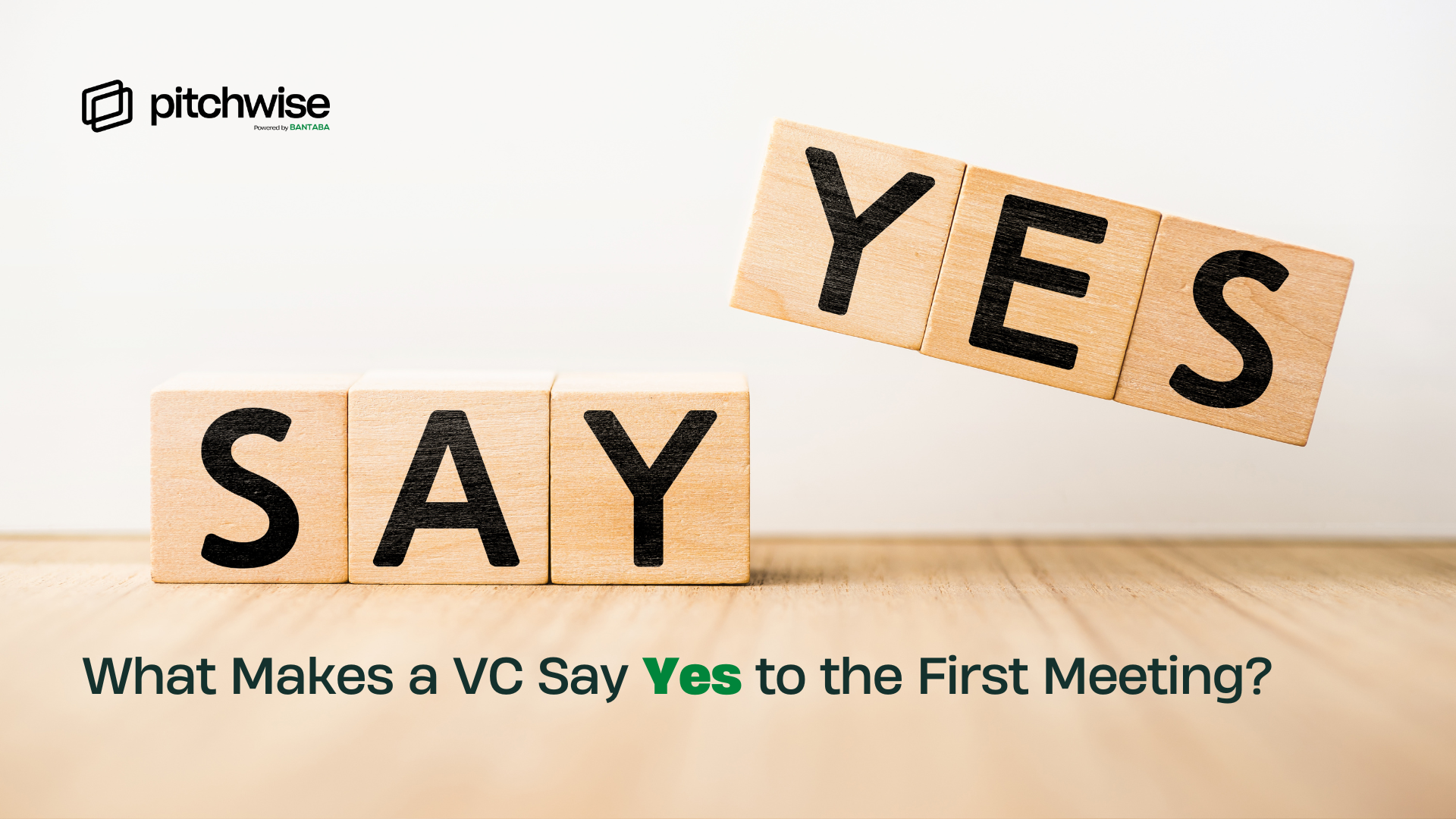
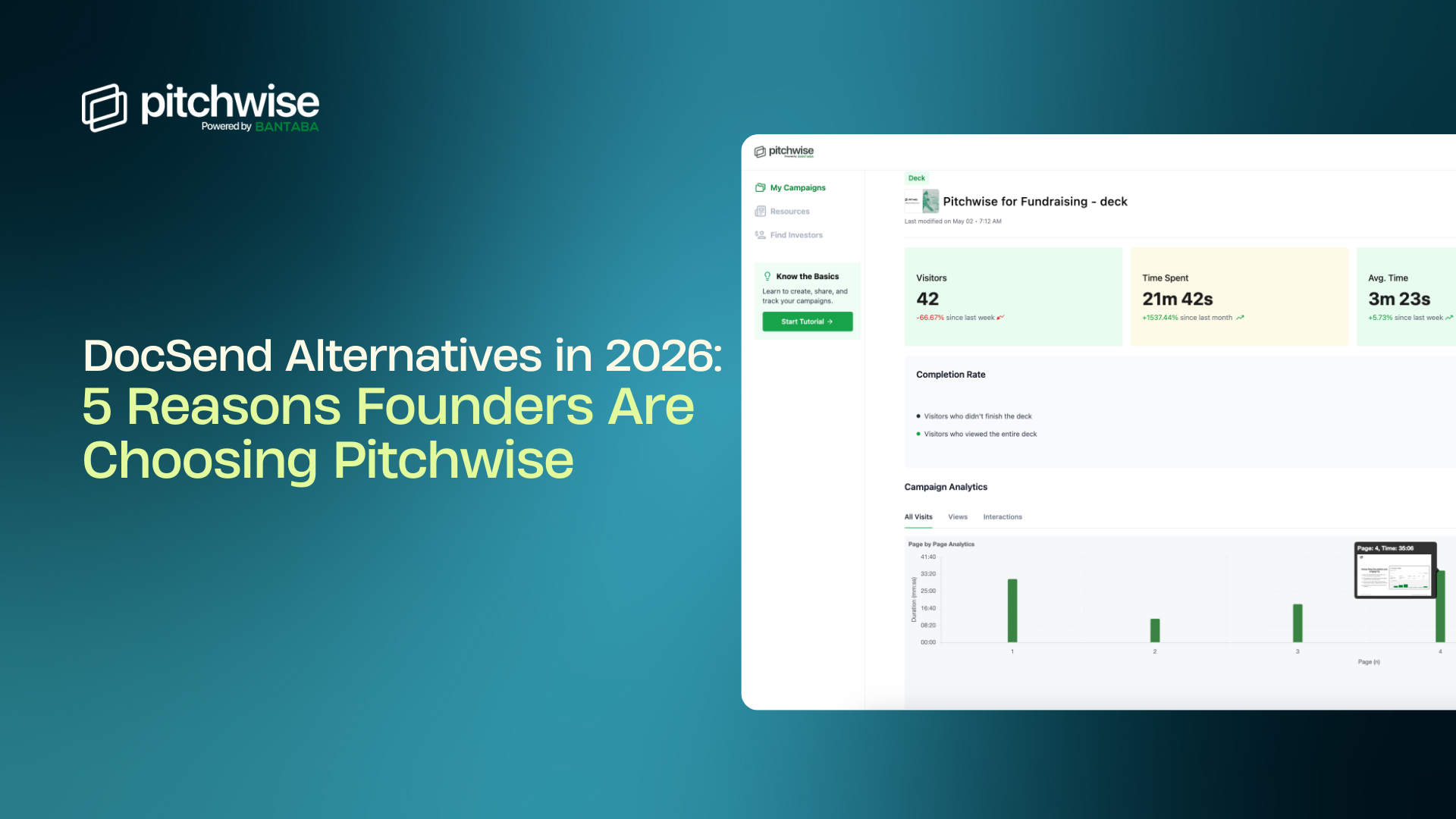
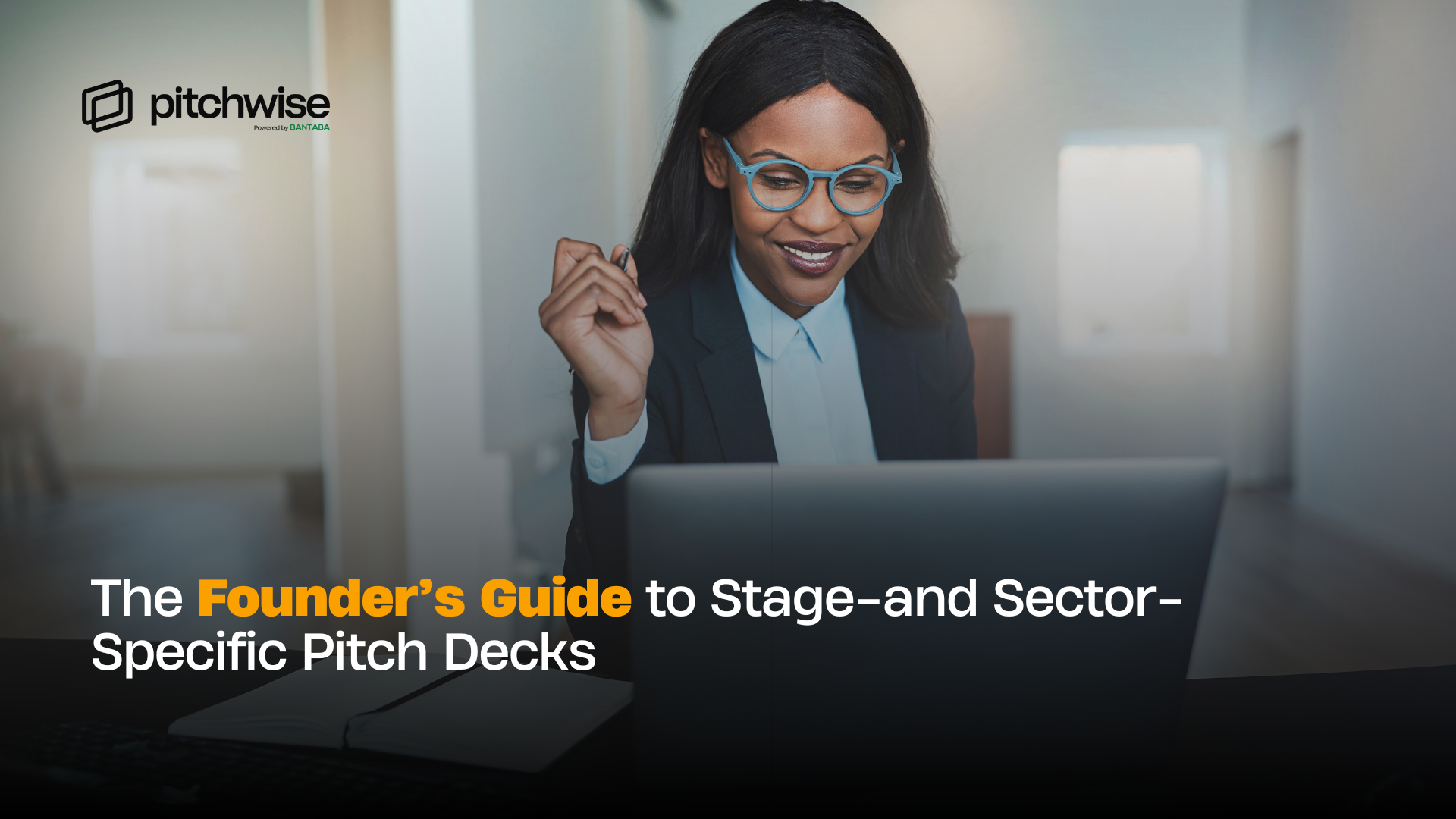








.png)

.png)



.png)
.png)


.png)
.png)



















